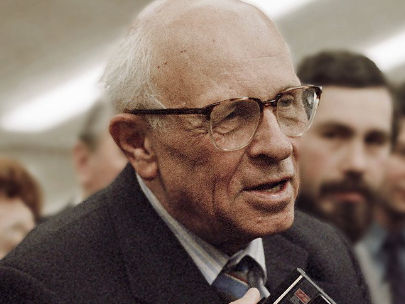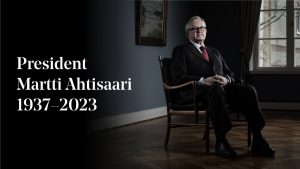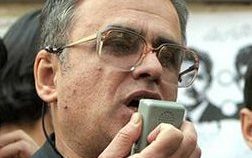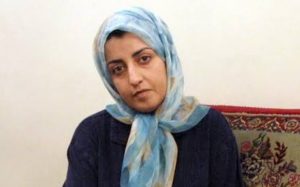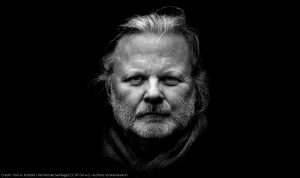Andrei Sakharov is one of the founders of the Russian human rights organisation Memorial, which won the 2022 Nobel Peace Prize on Friday.
“The Nobel Peace Prize laureates represent civil society in their home countries. They have for many years promoted the right to criticise power and protect the fundamental rights of citizens,” the committee wrote in a press release after the announcement.
“They have made an outstanding effort to document war crimes, human right abuses and the abuse of power. Together they demonstrate the significance of civil society for peace and democracy.”
Also Read | What is Russian human rights organisation ‘Memorial’?
Who is Andrei Sakharov?
Sakharov is a Soviet nuclear physicist and a Nobel laureate. He is well known for the design of the Soviet Union’s RDS-37, a codename for Soviet development of thermonuclear weapons.
Sakharov was born in Moscow on May 21, 1921 to Dmitri Ivanovich Sakharov, a physics professor, and Yekaterina Alekseevna Sofiano, a daughter of the army general Aleksey Semenovich Sofiano. His grandfather Ivan was a prominent lawyer in the Russian Empire.
The 68-year-old went to Physics Department of Moscow State University in 1938. He graduated in Turkmenistan. He was then assigned to laboratory work in Ulyanovsk.
In 1943, he got married to Klavdia Alekseyevna Vikhireva, with whom he raised two daughters and a son. Klavdia reportedly died in 1969.
He returned to Moscow in 1945 to study at the Theoretical Department of FIAN (the Physical Institute of the Soviet Academy of Sciences). He received his Ph.D. in 1947.
Also Read | Nobel Prize 2022: Women winners of the Literature Nobel
Sakharov became an advocate of civil liberties and civil reforms in the Soviet Union. His efforts earned him the Nobel Peace Prize in 1975. The European Parliament started the Sakharov Prize in his honor dedicated to human rights and freedoms.
The Norwegian Nobel Committee called him “a spokesman for the conscience of mankind.”
“In a convincing manner Sakharov has emphasised that Man’s inviolable rights provide the only safe foundation for genuine and enduring international cooperation,” the committee said at the time.

